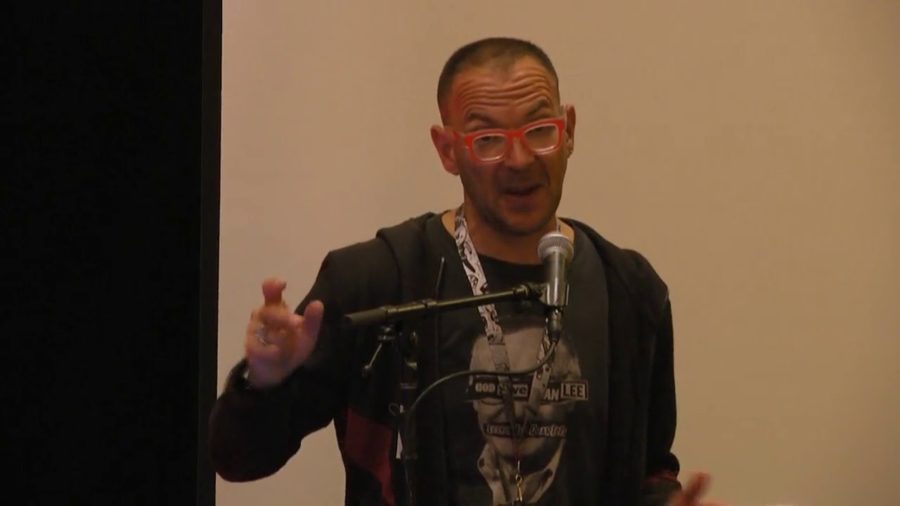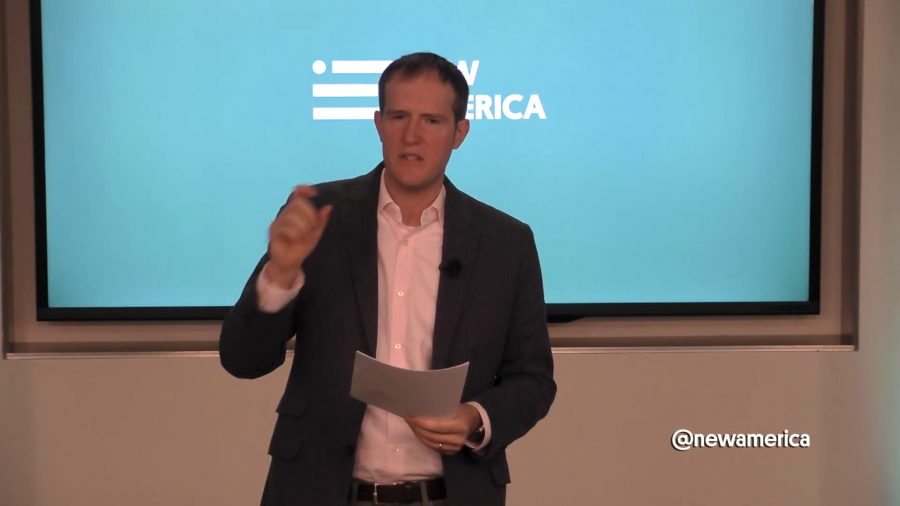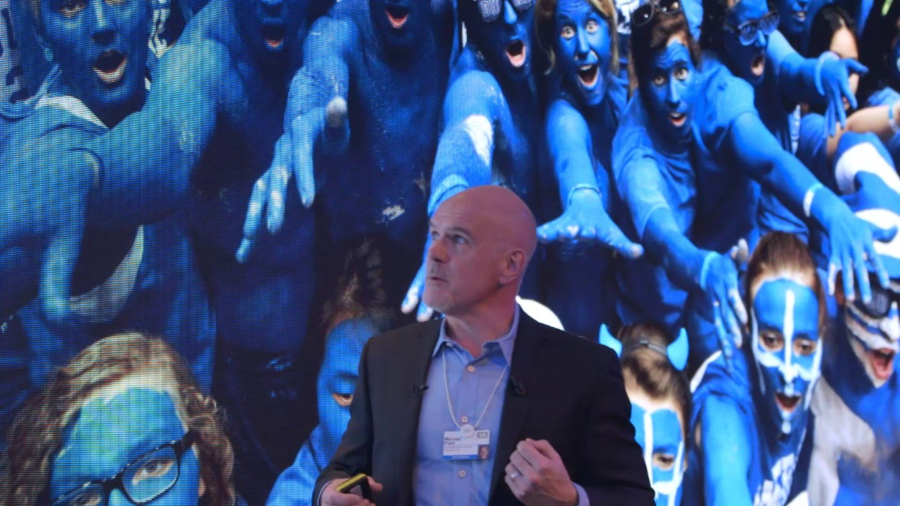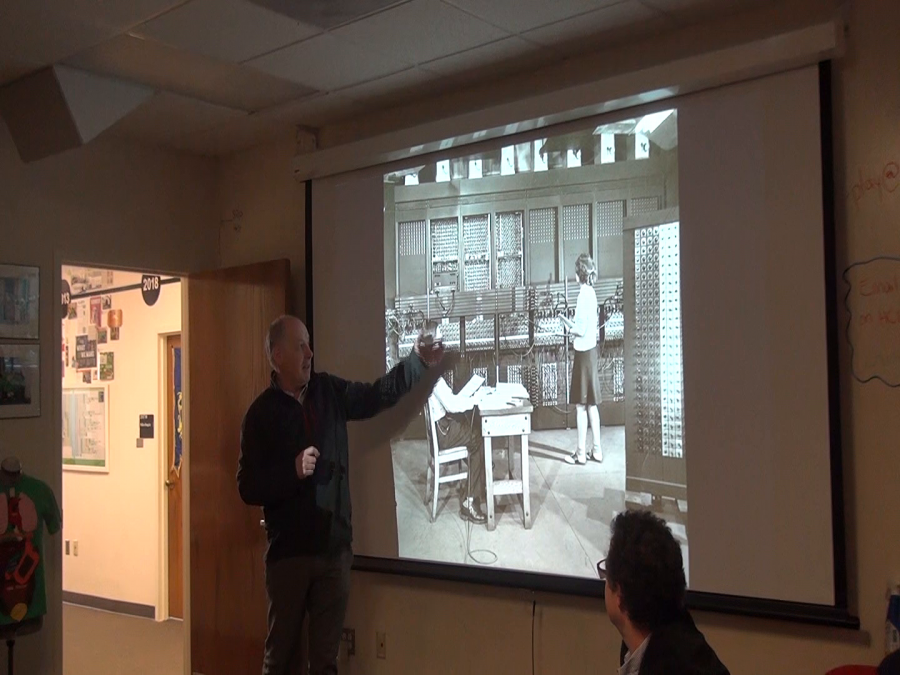It’s wonderful to be here in Davos sharing our commitment to improving the state of the world. And the recipe is really I think quite simple. All you’ve got to do is grow the economy, increase participation in that economy, within a rapidly-changing world, with increasing automation and technology, on a planet that’s straining to meet our resource needs. Piece of cake, right?
Archive

If you talk with people worried about the evolution of technology one of the things they often comment about is that in many cases the future is quite clear. You can see it coming, but you don’t know how far away it is.

You may have heard people come up to you and say like, “Hey, you’re young. That makes you a digital native.” Something about being born after the millennium or born after 1995 or whatever, that makes you sort of mystically tuned in to what the Internet is for, and anything that you do on the Internet must be what the Internet is actually for. And I’m here to tell you that you’re not a digital native. That you’re just someone who uses computers, and you’re no better and no worse than the rest of us at using computers.

The Tyranny of Algorithms is obviously a polemical title to start a conversation around computation and culture. But I think that it helps us get into the cultural, the political, the legal, the ethical dimensions of code. Because we so often think of code, and code is so often constructed, in a purely technical framework, by people who see themselves as solving technical problems.


